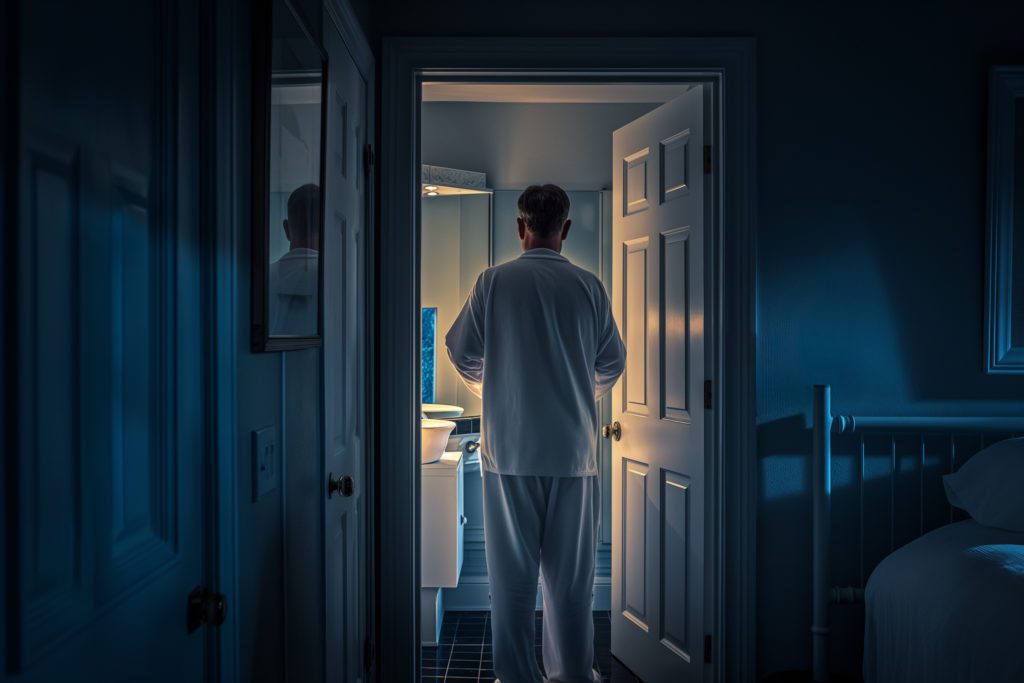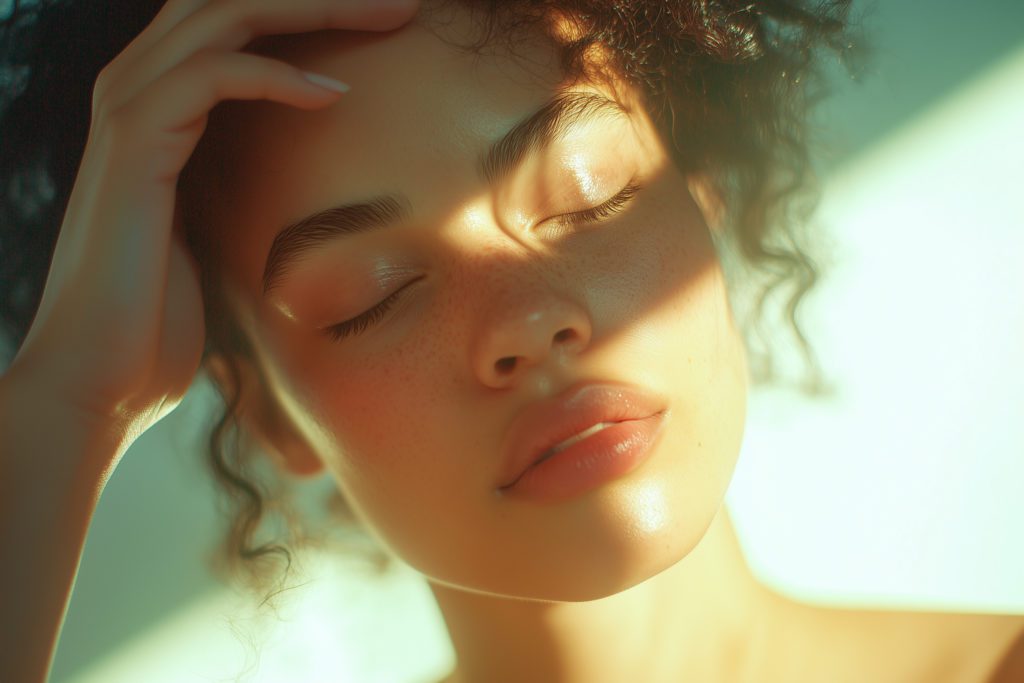
How Does ADHD Affect Sleep Patterns and Quality?
Those with ADHD are more likely to sleep poorly. Explore why this is, the sleep disorders those with ADHD are at risk of, and tips to improve your sleep.

Those with ADHD may see its effects in more than just their school and work performance. While primarily associated with a greater challenge in focusing or sitting still, those with ADHD are also more likely to develop sleep disorders, which can lessen their sleep quality.
These connections can have many causes, including shared origins in the brain and ADHD symptom consequences. However, focusing on better sleep can not only lessen sleep disorders, but it may also improve ADHD symptoms and medication effects.
How is ADHD Connected to Sleep?
Research has shown that those with ADHD are more likely to have a shorter sleep time, greater risk of developing a sleep disorder, and greater challenges in falling and staying asleep.
In the younger age group, research has found that those with a primarily hyperactive-impulsive type of ADHD have the greatest risk of insomnia and nightmares, while those with a predominantly inattentive type of ADHD are more likely to have a later bedtime.
As for why those with ADHD often struggle with their sleep, there are a few possible avenues for this connection. One theory is that these sleep problems are due to a delayed circadian rhythm and later-onset melatonin production. This can cause those with ADHD to become sleepy at a later time, which may be why they often go to bed later.
Other research suggests that the co-occurrence of anxiety with behavioral problems, which is seen in those with ADHD, can increase sleep problems. Additionally, similar pathways in the brain are responsible for arousal, attention, and regulation, which may be why ADHD and sleep are connected.
Also connected to ADHD is its medication and the effect of these medications. Specifically, stimulant medication may produce a calming effect in some cases, making sleep easier to come by, but for many people, these medications have the opposite effect and instead make it harder to fall asleep.
The ADHD-Sleep Deprivation Challenge
When it comes to ADHD and sleep deprivation, there arises a challenge: determining which symptoms are due to ADHD and which are because of sleep deprivation. Since their symptoms are generally shared, it can be hard to distinguish between the two.
For example, adults with sleep problems often have a hard time concentrating during the day—a symptom of ADHD. Children, as well, display ADHD symptoms when they’re tired, with their sleep deprivation usually presenting with impulsive behaviors, hyperactivity, and impulsivity.
The result of this overlapping is that ADHD may be misdiagnosed, with someone being diagnosed (and treated) for ADHD when what they truly suffer from is sleep deprivation. Conversely, someone’s sleep disorder may go undetected because its symptoms are masked by their ADHD.
Sleep Disorders Common in Those with ADHD
Those with ADHD are at a higher risk of developing sleep disorders, yet the symptoms of these sleep disorders often resemble ADHD symptoms, making it difficult to diagnose them; in many cases, the sleep disorder goes undiagnosed.
Insomnia
Those with ADHD, especially those with the hyperactive subtype, may experience excessive nighttime energy and racing thoughts, which can keep them up at night.
Lying in bed and trying to sleep also offers an opportunity for those with ADHD to hyperfocus on a project since there are fewer distractions, but this can also keep you awake longer than you should. The longer you stay up, the more dysregulated your schedule becomes, the more stressed you may become surrounding bedtime (because of how difficult it is to fall asleep), and the worse your insomnia can become.
As a result of this insomnia, those with ADHD may experience daytime sleepiness and a difficult time waking up. However, research has found that treating ADHD is associated with lower rates of insomnia than those living with untreated ADHD.
Restless Legs Syndrome
This connection between ADHD and RLS likely comes as no surprise since RLS is characterized by an uncontrollable urge to move the legs, and ADHD is often associated with hyperactivity. As it stands, RLS occurs in nearly 45% of those with ADHD, which can cause those affected to spend longer in stage 1 of sleep, which is light sleep. This, consequently, means those with ADHD and RLS spend less time in deep sleep, which is the restorative state that helps you wake up refreshed.
Circadian Rhythm Sleep Disorders
Your circadian rhythm is your body’s internal clock that dictates your sleep-wake periods, and it may be slightly skewed in those with ADHD due to a smaller pineal gland and a reduced melatonin release.
One type of circadian rhythm disorder, delayed sleep-wake phase disorder, is commonly reported in those with ADHD. This disorder is marked by a delay in someone’s sleep-wake cycle of two or more hours. With many adults and children following strict work/school schedules, this delay can affect these time-sensitive activities. Specifically, it can make it harder to fall asleep at night, which can lead to greater tiredness in the morning.
How to Sleep Better with ADHD
ADHD may increase your risk of sleep disorders and make falling and staying asleep more challenging, but there are changes you can make to see improvements in your sleep. Some experts even believe that sleep interventions may be the key to improving sleep, ADHD symptoms, and ADHD medication effects.
For those with ADHD of all ages, following these sleep tips can help make the bed a place to sleep, not lie awake; they can also help to promote sleepiness and make nighttime awakenings less likely.
- Avoid screens for at least an hour before bed.
- Keep a consistent schedule and go to bed/wake up at the same time each day.
- Stop consuming caffeine, sugar, and alcohol within a few hours of bed.
- Avoid any stimulating projects and activities that require intense focus in the evening.
- Create an enjoyable bedtime routine that promotes relaxation.
- Keep your bedroom cool, dark, and quiet. Consider listening to nature sounds or white noise to help block out noises.
- Use a weighted blanket—research has shown that it can help children with ADHD manage their sleeping difficulties.
ADHD may come with symptoms that can make sleep more challenging, but steps can be taken to improve your sleep and, as a result, potentially lessen your ADHD symptoms and make ADHD medication more effective.
Clearly, sleep is a crucial player in ADHD management, and knowing the challenges you may face can help you create a game plan to overcome these challenges and experience deep, restful sleep.

Written by
Jessica G
Medical writer freelancer who has written hundreds of articles on varying topics. Masters of Engineering degree in Biomedical Engineering.
Download Pillow
Get help
Press & News
Legal
Connect
X (Twitter)
Company
Copyright © Neybox Digital Ltd.



